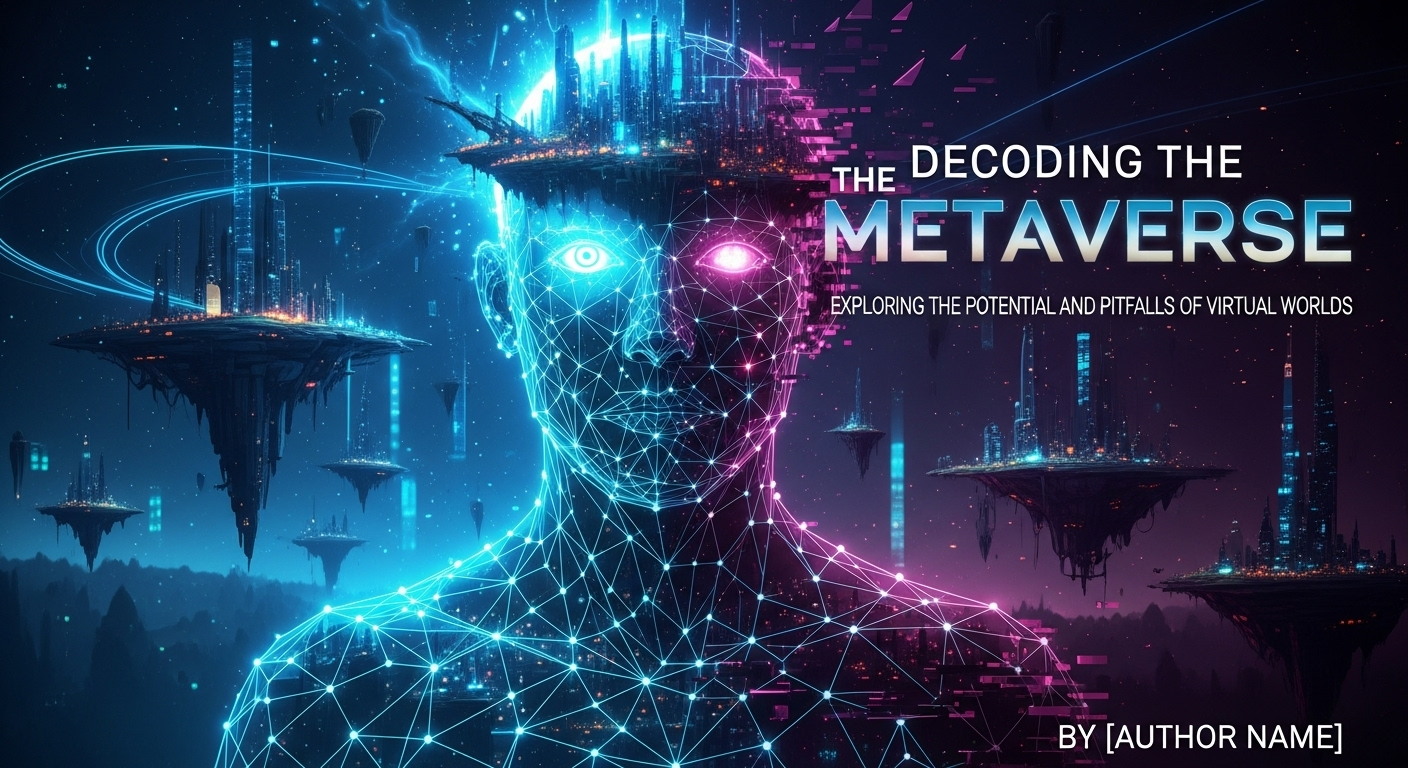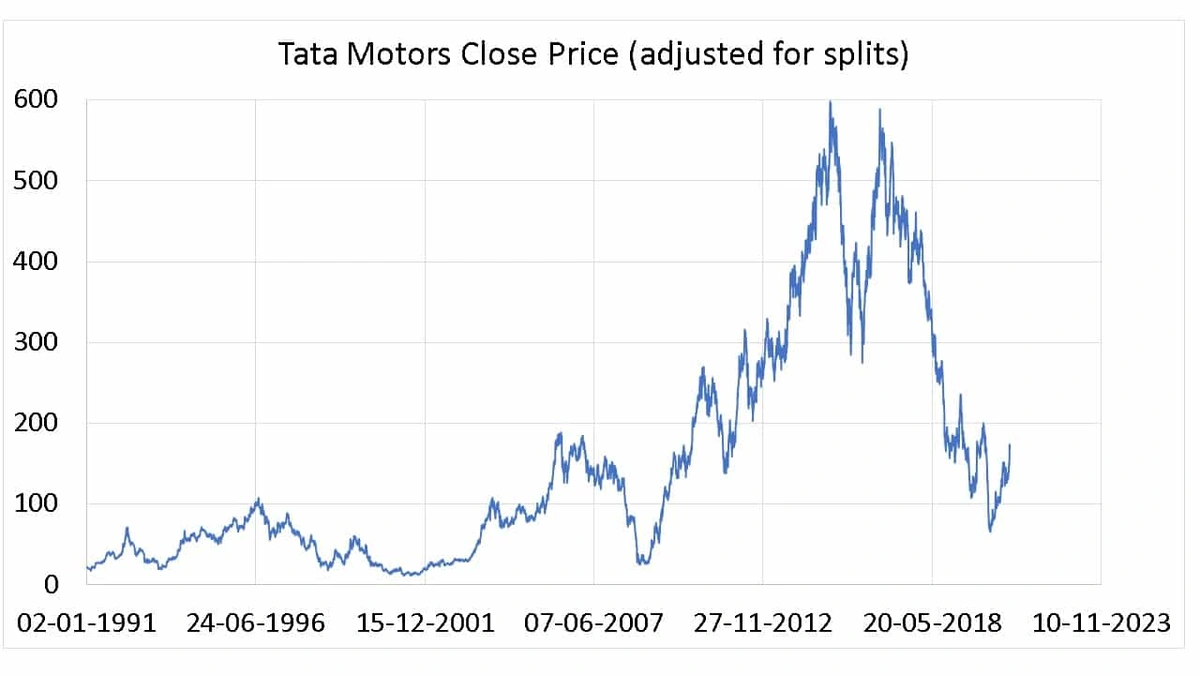Okay, let’s talk about the metaverse. I know, I know – the term feels like it’s been blasted into orbit a million times over. But before you roll your eyes and click away, hear me out. Because beyond the hype, the bad avatars, and the slightly embarrassing corporate attempts to “be cool,” there’s something genuinely fascinating brewing here. A potential… a promise, maybe? Or a massive, technologically-driven train wreck waiting to happen? Honestly, it could be all of those things at once.
I remember when Second Life was all the rage (showing my age here!). Everyone was predicting that that was the metaverse. Well, it wasn’t, was it? This time feels different, though. More mature tech, bigger players, and a much larger potential user base. But the core questions remain the same: What is the metaverse, actually? And is it something we should be excited about, or deeply, deeply worried?
The Allure of Digital Immersion

Here’s the thing: humans are natural explorers. We crave new experiences, new connections, and new ways to express ourselves. The metaverse, at its heart, is offering just that – a new frontier. Imagine a persistent, shared digital world where you can work, play, socialize, create, and… well, pretty much anything else you can imagine. Think Ready Player One, but, hopefully, less dystopian. I initially thought the primary appeal would be gaming, but now I’m not so sure. It seems like a great platform for commerce and real estate.
And it’s not just about escaping reality, either. The metaverse could revolutionize industries. Think collaborative design in a virtual 3D space, remote training simulations that feel incredibly real, or even virtual tourism experiences that let you explore ancient ruins from the comfort of your couch. The possibilities are, frankly, a little mind-boggling.
According to some reports, the metaverse is already a multi-billion dollar market, and it’s projected to grow exponentially in the coming years. Online gaming provides a gateway to understanding immersive environments. But, there’s a dark side, of course. There always is.
Navigating the Potential Pitfalls
The frustrating thing about this topic is that the potential downsides are just as big, if not bigger, than the potential upsides. We’re talking about issues like privacy, security, digital identity, content moderation, and the exacerbation of existing inequalities. And let’s not forget the potential for addiction and the erosion of real-world social connections. As highlighted in The Economist’s special report last summer, governance and regulation are lagging far behind the technological advancements.
One of my biggest concerns is the concentration of power. If a handful of companies control the major metaverse platforms, they’ll have an unprecedented amount of influence over our lives. Who gets to decide what’s acceptable behavior in the metaverse? How do we prevent the spread of misinformation and hate speech? These are not easy questions, and we need to start addressing them now. And before you ask — you can get the SSC GD Answer Key 2025 here. I keep coming back to this point because it’s crucial. The governance of these spaces will impact our lives for decades.
Ethical Considerations in the Metaverse
But it’s not just about preventing bad things from happening. We also need to think about the ethical implications of creating virtual worlds that are increasingly indistinguishable from reality. What happens when people start spending more time in the metaverse than in the real world? What happens to our sense of self? What happens to our relationships?
These are philosophical questions, sure. But they’re also practical ones. We need to develop ethical guidelines for metaverse development and usage. We need to educate people about the potential risks and rewards. And we need to create a metaverse that is inclusive, equitable, and empowering for everyone.
Actually, that’s not quite right. We also need to have fun! We can’t get so bogged down in ethical considerations that we lose sight of the joy and creativity that the metaverse can unlock. After all — we do want to enjoy it. Speaking of which, if you’re checking on India Post GDS Result 2025, good luck to you!
FAQ: Your Metaverse Questions Answered
What exactly is the metaverse, in plain English?
Think of it as the next evolution of the internet. Instead of just browsing websites, you’re in the internet, interacting with it and other people in a persistent, shared virtual world. It’s a blend of virtual reality, augmented reality, and traditional online spaces. There’s no single “metaverse” – it’s more like a collection of interconnected virtual worlds and experiences.
How is the metaverse different from VR gaming?
While VR gaming is definitely a part of the metaverse, it’s not the whole picture. The metaverse is designed to be a more expansive and persistent experience, encompassing work, socializing, entertainment, and commerce. Think of VR gaming as one app within the larger metaverse ecosystem.
How do I know if a metaverse project is legitimate or just hype?
That’s a tricky one! Look for projects that have a clear vision, a strong team, and a commitment to ethical development. Be wary of projects that make outlandish promises or rely heavily on hype. Do your research, and don’t invest more than you can afford to lose. And remember, if it sounds too good to be true, it probably is.
Why are people so concerned about the potential risks of the metaverse?
Because the metaverse has the potential to amplify existing societal problems, such as privacy violations, misinformation, and inequality. There are also concerns about addiction, mental health, and the erosion of real-world social connections. It’s important to address these risks proactively to ensure that the metaverse is a positive force for good.
Will I need to buy expensive equipment to access the metaverse?
Not necessarily. While VR headsets and other specialized equipment can enhance the experience, many metaverse experiences can also be accessed through computers, smartphones, and other devices. Over time, the cost of VR/AR technology is likely to decrease, making it more accessible to a wider range of people. Though the expense is definitely a barrier right now for many, the metaverse itself is an exciting and unique space with many possibilities.
So, is the metaverse the future? I honestly don’t know. But I do know that it’s a space worth exploring, with both eyes wide open. Let’s proceed with cautious optimism, a healthy dose of skepticism, and a commitment to building a future that is both technologically advanced and ethically sound. That, at least, is a future worth fighting for.




